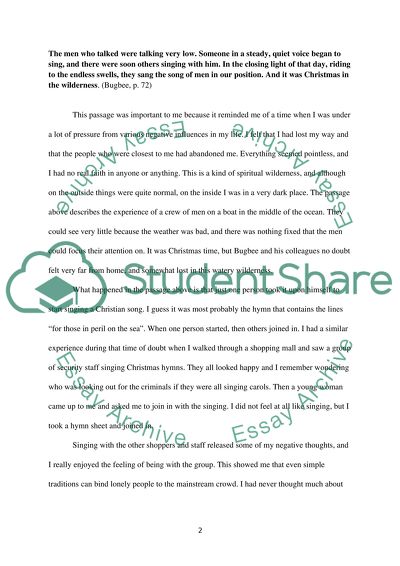Cite this document
(“Quote Reflection and Meaning Book Report/Review”, n.d.)
Quote Reflection and Meaning Book Report/Review. Retrieved from https://studentshare.org/religion-and-theology/1462390-quote-reflection-and-meaning
Quote Reflection and Meaning Book Report/Review. Retrieved from https://studentshare.org/religion-and-theology/1462390-quote-reflection-and-meaning
(Quote Reflection and Meaning Book Report/Review)
Quote Reflection and Meaning Book Report/Review. https://studentshare.org/religion-and-theology/1462390-quote-reflection-and-meaning.
Quote Reflection and Meaning Book Report/Review. https://studentshare.org/religion-and-theology/1462390-quote-reflection-and-meaning.
“Quote Reflection and Meaning Book Report/Review”, n.d. https://studentshare.org/religion-and-theology/1462390-quote-reflection-and-meaning.


